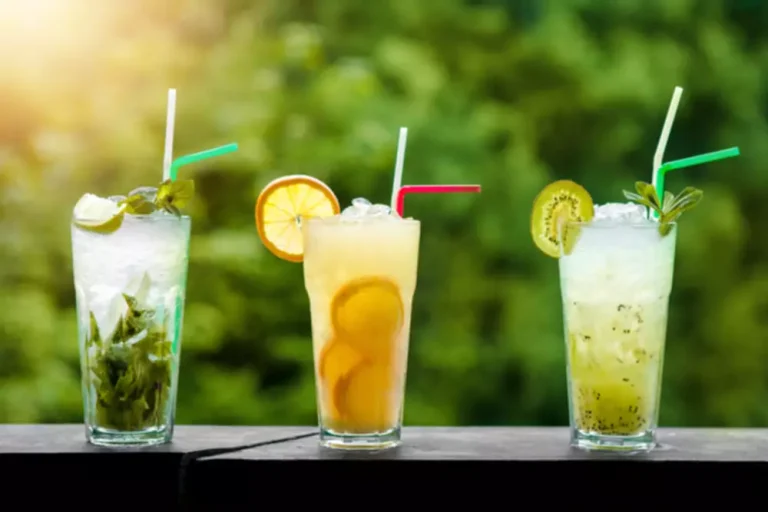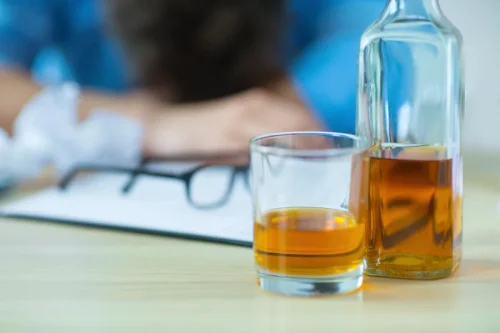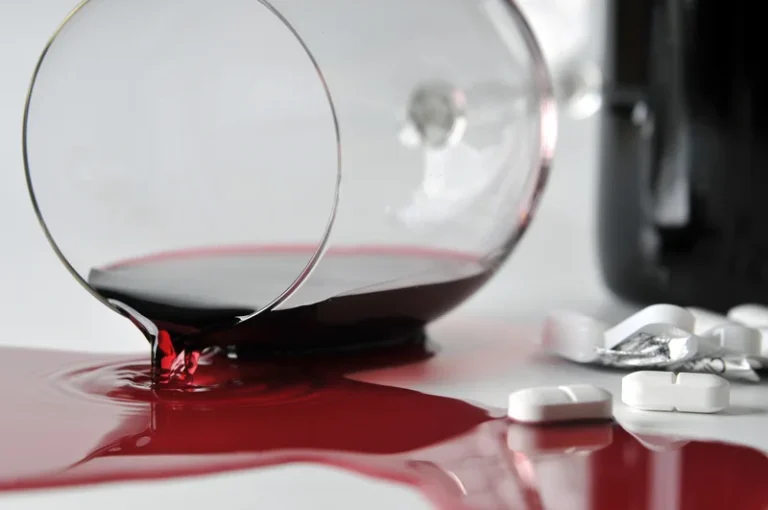
Blocking this antidiuretic hormone causes fluids to pass directly through the kidneys to our bladder, which is why we have to pee way more while drinking alcohol. This effect is why alcohol is often thought of as a diuretic. Alcoholic beverages such as beer, wine, and liquor increase urine output and could cause dehydration if consumed in large amounts.
- “You can’t entirely prevent it, but if you go into drinking well-hydrated, you are less likely to feel the negative effects of dehydration,” she says.
- It’s currently unknown whether or not alcohol dehydrates muscle, but it definitely weakens it.
- Understanding how consuming alcohol leads to increased urination requires an understanding of ADH.
- If you’re new to the world of mocktails, start Dry January off with a variety pack that allows you to try multiple flavors.
- Its diuretic effects lead to wrinkled, gray, lackluster skin that can look swollen and puffy.
Alcohol is converted in the liver and begins acting as a diuretic

If you alternate alcohol and water as you drink, you slow your intake of alcohol. This may give your liver more time to metabolize it, but that can also be accomplished by simply drinking more slowly. Added sugar creates extra acid, which makes it harder for your body to store water. Salty foods, like chips and other snacks, are also risky when it comes to staying hydrated. Alcohol can cause dehydration, disrupt sleep, interfere with energy production, and alter the body’s acid-base balance, all of which impact overall health and well-being. Alcohol interferes with the brain’s ability to control body temperature.
Impact on Kidney Function
A heavy alcoholic drink like whiskey, brandy, or rum can dehydrate you more than lighter drinks. Stick to beer and wine to mitigate any dehydration you may experience. Dehydration can cause headaches, muscle aches, brain fog, and fatigue, and hydrating with water and electrolytes helps restore fluid balance and can minimize the unpleasant aftereffects of alcohol. When you lose too much water without properly replacing it, you become dehydrated. Dehydration can cause mild symptoms like headache, dry mouth, dizziness, and fatigue, or severe issues like damage to the brain, heart, kidneys, and even death (1).
Stay Cool in the Warmer Months
With interrupted production of vasopressin due to the consumption of alcohol, you start to lose more water through urination, which can cause those symptoms of dehydration. According to the Society for Endocrinology, ADH is produced and released by the pituitary gland. It’s the reason why you can usually sleep through the night without having to urinate. And when ADH release is suppressed, your body’s natural mechanism for holding onto fluid ceases to function. This is important because increased urination flushes electrolytes and nutrients out of your system, as well as fluid. The effects of dehydration, moderate alcohol consumption, and rehydration on cognitive functions.

It can also weaken immunity, increasing a person’s risk of infections. Dehydration occurs when the body does not have sufficient amounts of fluid to function effectively. Alcohol has a dehydrating effect on the body, especially when a person consumes it in large quantities. So what can you do to make sure you don’t get that infamous hangover headache caused by dehydration?
The amount of alcohol you consume will influence the symptoms you experience. One large study found excessive alcohol consumption is linked to accelerated facial aging. Drinking alcohol can dehydrate you, and it’s one of the main reasons you can get a hangover. This is because alcohol is a diuretic, which is a substance that induces diuresis or additional urine output. Yes, drinking electrolyte water is an excellent strategy to rehydrate after drinking alcohol.
Increased risk of heat stroke:
Defining ‘moderate consumption’ typically refers to guidance that outlines recommended alcohol intake. For the US, the CDC (Centers for Disease Control and Prevention) states that men should not consume more than two drinks per day, whilst women shouldn’t exceed one. Indulging in alcohol doesn’t mean you’re fated to alcohol dehydration symptoms the next morning such as dry mouth, throbbing headache, fatigue, brain fog, and nausea. « It’s important to replenish fluids after drinking, or better yet, while drinking, » Sternlicht says.
- When you’re feeling thirsty or dehydrated, reaching for a refreshing beverage may seem like common sense.
- This includes most hard liquor like whisky, vodka, rum, and gin.
- Severe dehydration can cause feelings of dizziness, the appearance of sunken eyes, fainting spells, increased heart rate, and even loss of consciousness.
- Alcoholics Anonymous is available almost everywhere and provides a place to openly and nonjudgmentally discuss alcohol issues with others who have alcohol use disorder.

Alcohol has a diuretic effect, which increases urine production in the body and depletes fluids in the body. When alcohol is consumed, it inhibits the hormone vasopressin, which does alcohol dehydrate regulates water balance in the body. This reduction in vasopressin levels leads to increased urine production and water loss in the body, ultimately leading to dehydration.
This site is being redeveloped. For all the latest ABC Science content click here.
OK, you’ve been trying to drink more water, but you’re still feeling dehydrated. So, it’s important to watch out for signs that you’re not drinking enough water. This can be from not drinking enough water or when you lose water quickly from sweating, vomiting or diarrhea and don’t match the losses. When you’re dehydrated, you have a lack of water in your body and it doesn’t have enough water to perform its necessary functions. However, it may reduce your overall fluid intake throughout the day. Use these social-bookmarking links to share Why does drinking alcohol cause dehydration?.

Additionally, foods with high water content, such as fruits and vegetables, can help counteract the dehydrating effects of alcohol. When you’re drinking more than usual, it’s important to remember to consume alcohol responsibly (for both your health and safety!). Alcohol is a diuretic, which means it moves fluid out of your body and can easily dehydrate you. Not only is staying well-hydrated key to your long-term health, but it can also help you avoid uncomfortable hangover symptoms. Understanding how consuming alcohol leads to increased urination requires an understanding of ADH.
